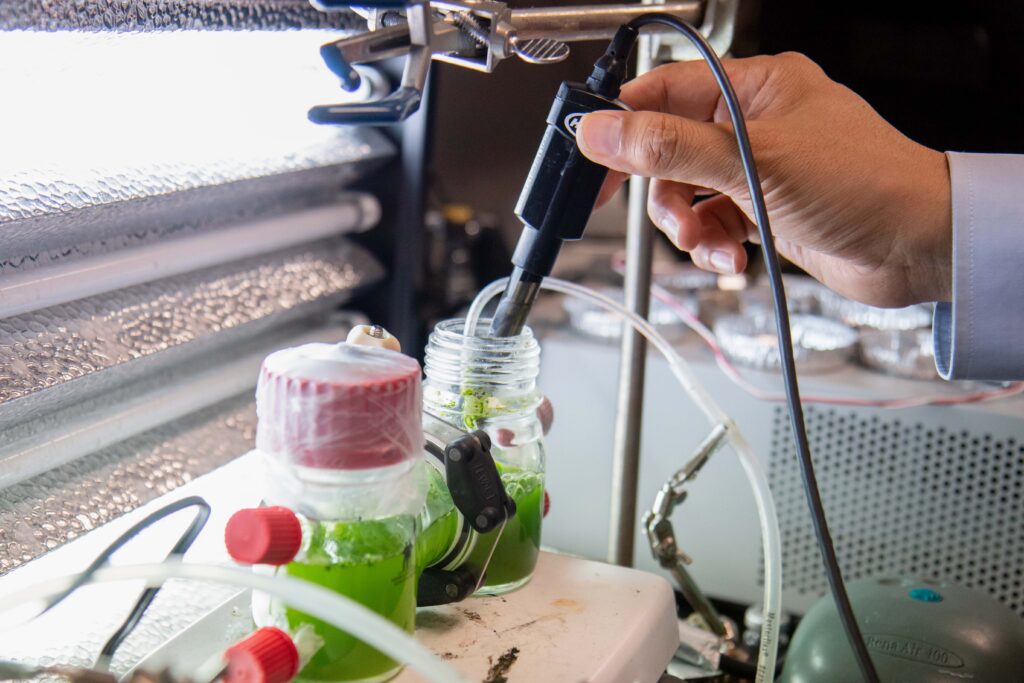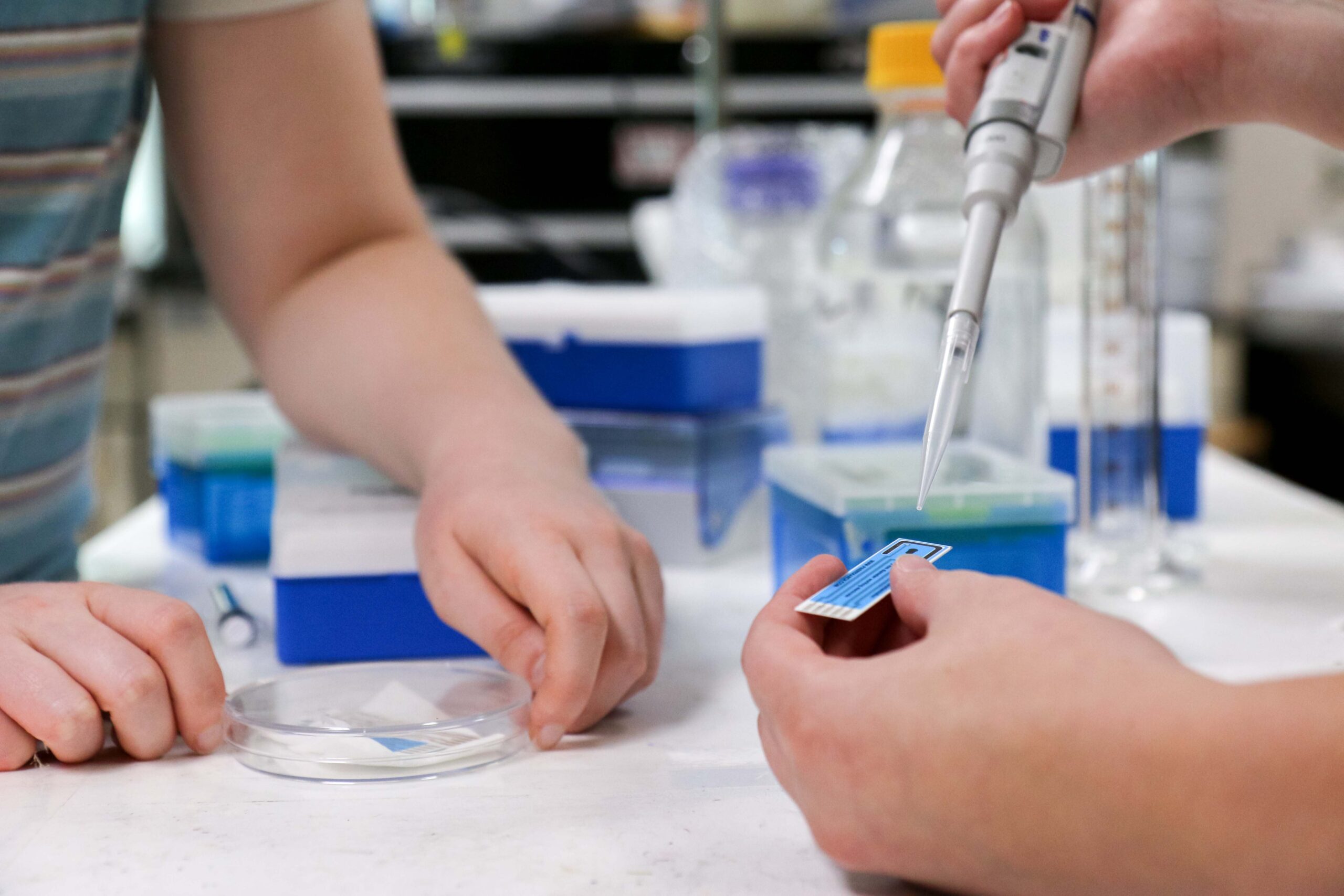Broaden your impact in environmental engineering
Enhance your career, and your community, with a Ph.D. in Environmental Engineering from UCF. The program focuses on pollution control, pollution prevention and the correction of pollution effects on natural and man-made environments.
Areas of study include drinking water treatment, wastewater treatment, solid and hazardous waste management, atmospheric pollution control and modeling, environmental water resources, and stormwater management.
The program offers an intensive, individually tailored research program suitable for the development of an academic or similar research-oriented career. With this degree, you can gain technical knowledge in critical areas of environmental engineering, and be prepared for careers in academia, industry and government.

PROGRAM HIGHLIGHTS
- UCF is consistently ranked among the top schools for environmental engineering graduate education by U.S. News and World Report.
- UCF is conveniently located near top environmental engineering employers such as Carollo, Jacobs and the Florida Department of Environmental Protection.
- Students can enter the program with a bachelor’s degree.
- Students can conduct research in world-class facilities with internationally recognized faculty.
CURRICULUM AND PROGRAM ADMISSIONS
The Ph.D. in Environmental Engineering is research oriented and requires a minimum of 72 credit hours beyond the bachelor’s degree. Thirty of the 72 credit hours can be met with either a nonthesis or thesis master’s degree in environmental engineering. This leaves 42 credit hours of which 18 credit hours must be dissertation and a minimum of 15 credit hours must be formal course work. A maximum of nine credit hours of doctoral research can be used in the doctoral program, which could be replaced by additional formal coursework.
For students without a master’s degree who directly enter the Ph.D. program with a bachelor’s degree, there will be a minimum of 45 credit hours of formal coursework (i.e., 30 credit hours identical to the coursework for a nonthesis master’s degree in environmental engineering, plus a minimum of 15 credit hours course work past the master’s degree). However, unlike master’s students, bachelor’s to doctoral students will be required to take only four of the five required courses from the nonthesis Master of Science in Environmental Engineering. In addition, these students can enroll for doctoral research credit hours during or after their first semester in the program. The 27 credit hours required in addition to the 45 credit hours coursework will be 18 credit hours in dissertation research, and a maximum of nine credit hours in doctoral research. Up to nine credit hours of doctoral research can be replaced by additional formal coursework subject to the approval of the doctoral adviser and the advisory committee.
For all students, the program of study must be developed with an advisory committee and meet departmental approval at the beginning of the program, at which time transfer credit will be evaluated on a course-by-course basis.

LICENSURE AND CERTIFICATION
This program has potential ties to professional licensure or certification in the field. For more information on how this program may prepare you in that regard, please view the licensure disclosure for the Ph.D. in Environmental Engineering.
CONTACT
Andrew Randall
Professor and program coordinator
andrew.randall@ucf.edu
Sadia Afrin
Graduate program coordinator
sadia.afrin@ucf.edu
